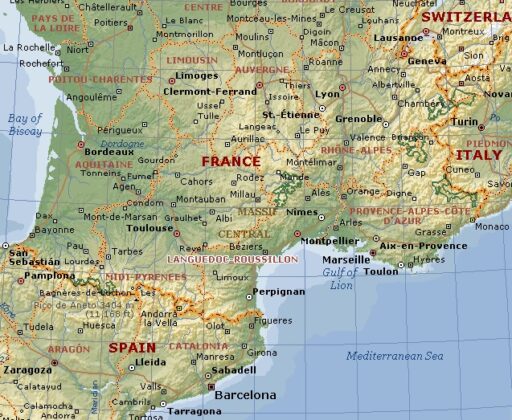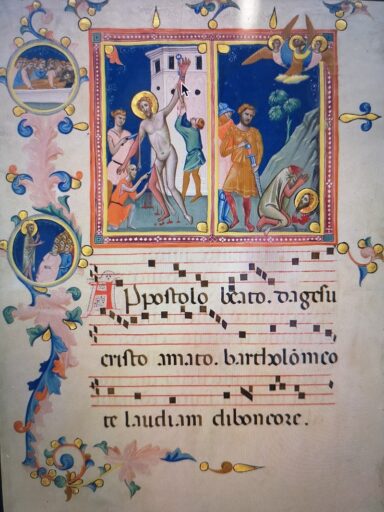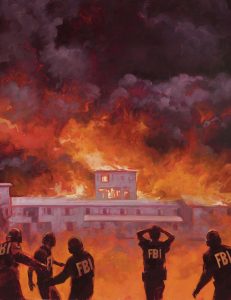2021 – The Year of the Cathars
Seven hundred years ago, in the year 1321, a man identified as the last of the Cathars, was interrogated in the Inquisition and burnt at the stake after he proclaimed a prophecy. That prophecy pertained to the year 2021 when he said, “We shall return in 700 years…” Is it being fulfilled? Take a look…
The Albigensian Crusade (1209–29) was called for by Pope Innocent III against the Cathars, a community in the south of France, whom the Roman Catholic Church had branded heretical. The war pitted the nobility of staunchly Catholic northern France against that of the south.
For all of its violence and destruction, the Albigensian Crusade failed to remove the Cathar heresy from Languedoc. It did, however, provide a solid framework of new secular governors willing to work with the church against the heretics. They were promised indulgences and whatever property or belongings they could confiscate. Through the subsequent efforts of the Inquisition, established by the papacy to try heretics, Catharism was virtually eliminated in Languedoc within a century. Many false accusations were made against them. ‘Cathar’ means purified, same as the ‘Puritans.’ They were also known as the Albigensians for the area of Albi where they lived.


